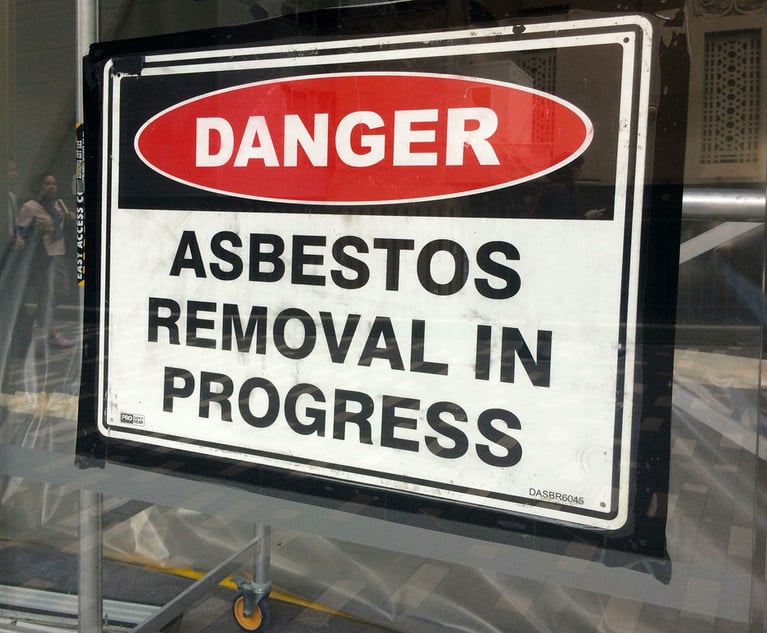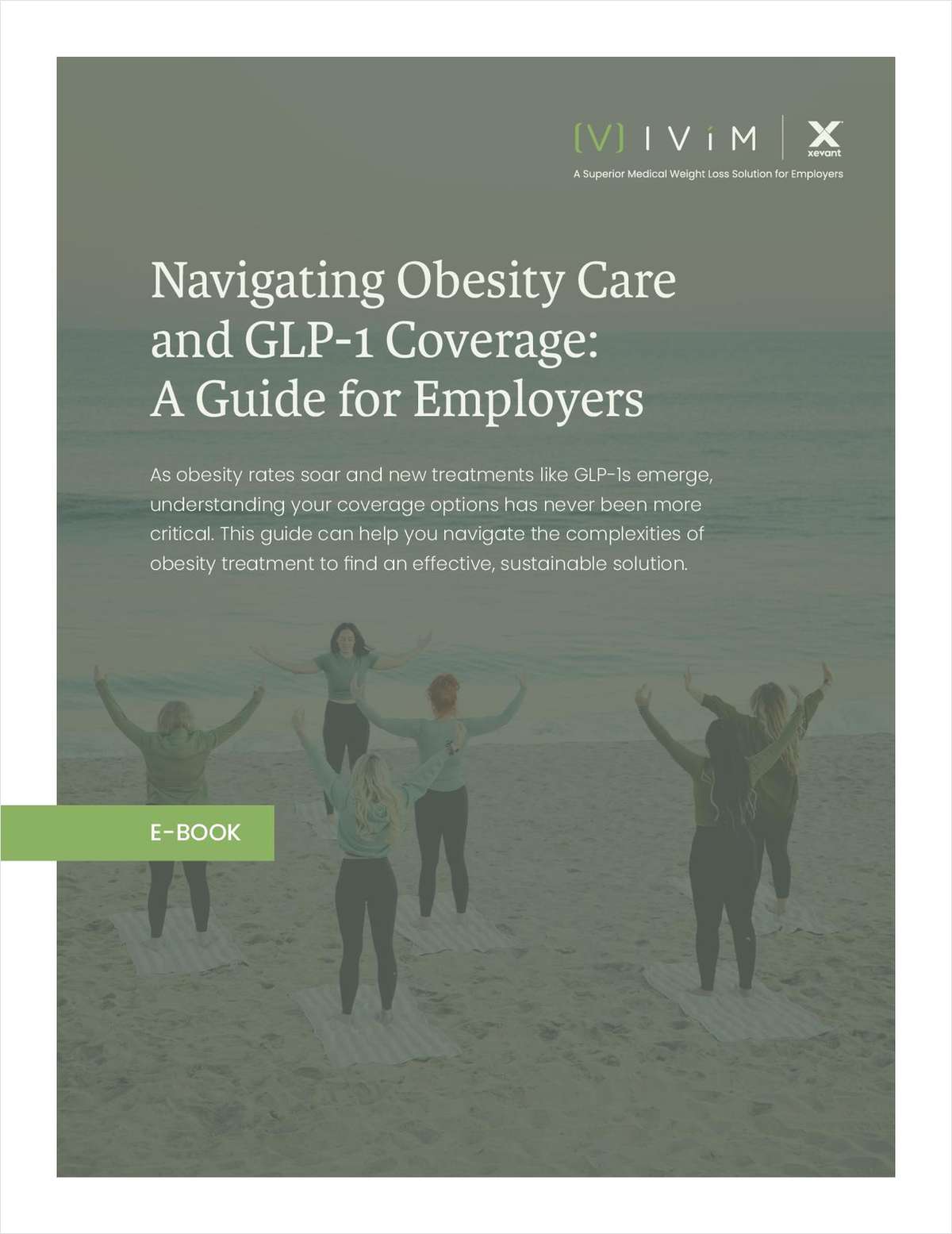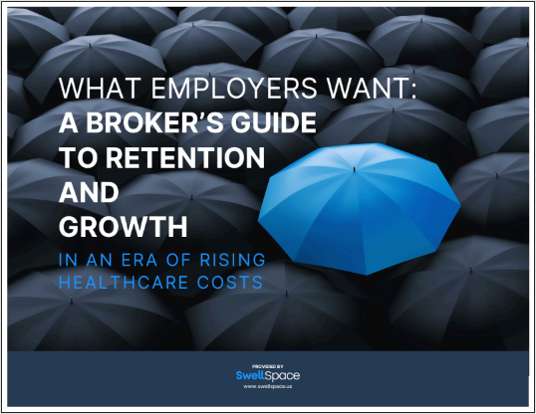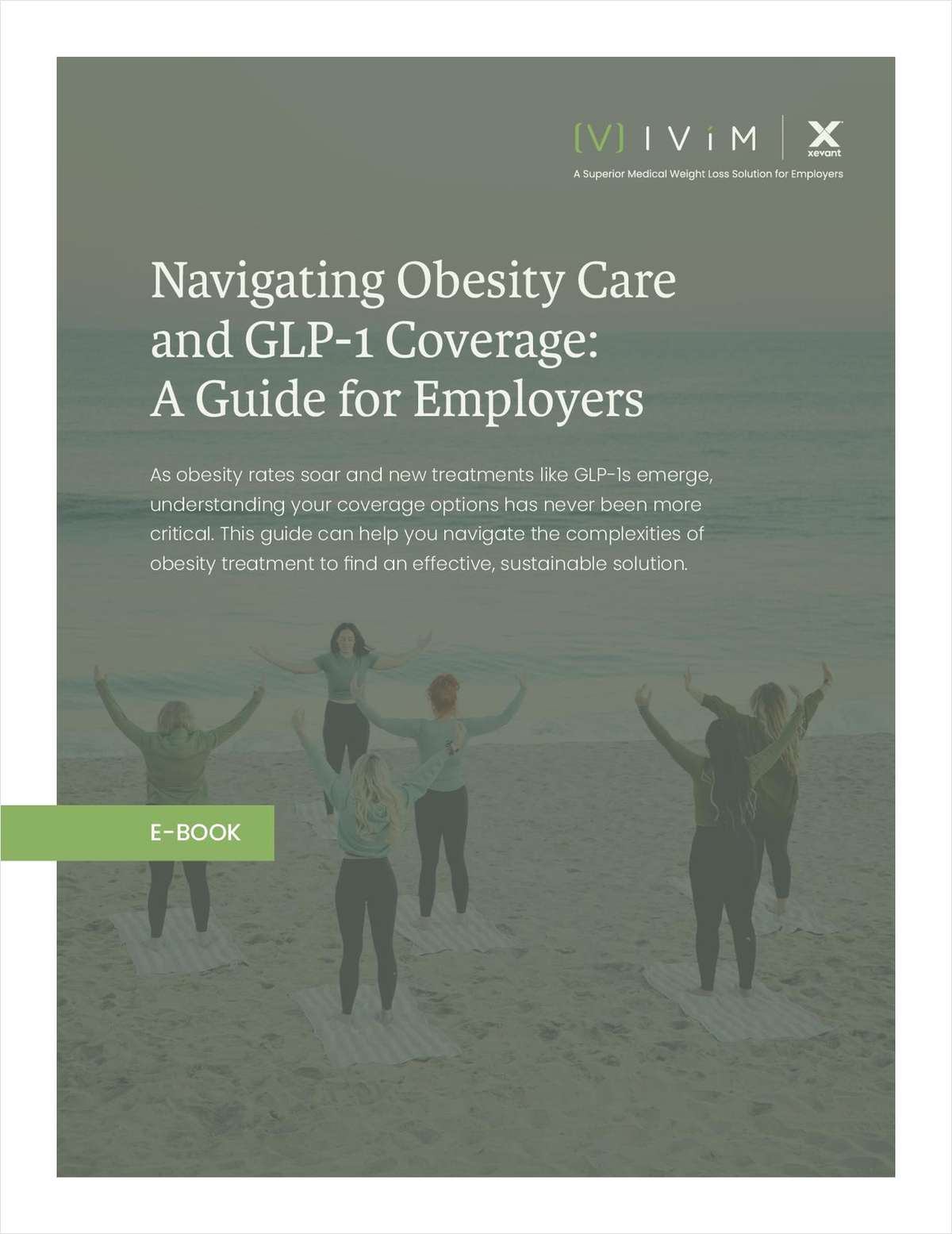 ACLU of Connecticut Legal Director Dan Barrett. Courtesy photo
ACLU of Connecticut Legal Director Dan Barrett. Courtesy photo5 Questions With ACLU of Connecticut Legal Director Dan Barrett
ACLU Legal Director Dan Barrett gave his views on some of the most pressing civil liberties concerns facing Connecticut in a question-and-answer session with the Connecticut Law Tribune.
July 02, 2020 at 04:01 PM
6 minute read
Dan Barrett has been an American Civil Liberties Union attorney for 12 years, serving as legal director for the Connecticut branch for the past five years in what the organization sees as often tumultuous times for civil liberties.
The Connecticut ACLU has been busy in recent months lending its name to a class action lawsuit calling for the release of many of the state's prisoners due to the COVID-19 pandemic. The organization has also been forceful in its disapproval of how former Hartford State's Attorney Gail Hardy handled four police-involved shootings.
But Barrett told the Connecticut Law Tribune Thursday the most pressing issue is what he sees as "government oppression of people of color, specifically at the hands of police, prosecutors, and prisons."
In a question-and-answer session, Barrett spoke about why he believes there should be divestment and defunding of police, whom he said have "consistently demonstrated an unwillingness or inability to behave safely and evenhandedly."
A native of New Jersey, Barrett lives in Hartford. He received his law degree from Northeastern University School of Law in Boston in 2007.
Barrett's answers were edited for length and clarity.
Connecticut Law Tribune: What is the most pressing civil liberties issue right now in Connecticut?
Dan Barrett: Government oppression of people of color, specifically at the hands of police, prosecutors, and prisons.
Those three systems combine to subject a large swath of people to disproportionate surveillance and punishment on an industrial scale.
From Salisbury to Stonington, people in Connecticut have recognized the murder of George Floyd was a life-altering event for the nation; we should now further reflect—particularly lawyers—on what choices brought us to the point where line-level municipal employees feel empowered to summarily execute people in the street for misdemeanors, and half of the people Connecticut incarcerates are people of color. Neither of those things happened by accident.
CLT: The local branch had been very vocal against the reappointment of Gail Hardy as Hartford State's Attorney for her role in four police-involved shootings. She has since been hired to lead diversity and inclusion efforts within the Office of Chief State's Attorney. What is the view of the ACLU of Connecticut of Hardy's new role?
Barrett: It sends a message that the Department of Criminal Justice seems more interested in shielding prosecutors from public scrutiny and maintaining the status quo of police violence and mass incarceration than in pursuing community well-being.
CLT: The ACLU of Connecticut has played a pivotal role in recent months with regard to lawsuits stemming from getting prisoners in the state released due to COVID-19 concerns. How are those efforts going and how prevalent is COVID-19 in the state's prison population?
Barrett: The class of prisoners suing for COVID-preventative measures in Connecticut prisons has reached a proposed settlement with the defendants, and the U.S. District Court will consider the fairness of that settlement on July 20th.
Connecticut's incarcerated people should not have had to file a lawsuit to obtain protections against COVID.
But given the range of important measures the litigation brought about, and that are in the settlement agreement, we are hopeful the rampant spread of the virus will slow. The pathogen is still widespread inside the walls, though: ongoing testing has revealed about 10% of Connecticut's prisoners are infected.
CLT: On the ACLU of Connecticut's website on June 24 there is a statement from ACLU staff calling for a divestment from policing, stating "It should be a reality." Why is defunding or divesting from police to reallocate funding to other sources a civil liberties issue?
Barrett: Divestment and defunding are a civil liberties priority because police agencies are the government entities most dangerous to Connecticut's people, and disproportionately so to people of color.
Over the decades, Connecticut police have consistently demonstrated an unwillingness or inability to behave safely and evenhandedly, so it's time to accept that intransigence at face value and just sharply curtail their footprint in our society.
Since this is the Connecticut Law Tribune and many of its readers counsel organizations, perhaps a useful analogy is to a product or service that seriously injures people every few weeks, but whose manufacturer or vendor consistently rebuffs complaints by saying that the high risk of injury is inherent and viewed by some as a feature.
At some point, a rational lawyer would counsel their client to stop using that product or service or restrict its use to an absolute minimum until an alternative could be arranged. We've long since passed that point in Connecticut with policing.
Of course, I'm not telling anyone anything new: about half of all towns in Connecticut have declined to maintain a policy agency. The idea of divestment is something that Black leaders have been saying for decades and that Black Lives Matter has been championing in the last few years; it's our responsibility to take that advice to heart.
CLT: How—in the opinion of the ACLU of Connecticut—has Gov. Ned Lamont handled his job with regard to civil liberties issues in the current health pandemic?
Barrett: In Connecticut, as elsewhere, the government's response has placed most Black and Latino people in harm's way.
For example, the governor has refused to meet with the families of incarcerated people who are worried sick about their loved ones, or to even have a working phone line that people can call to raise their concerns with his office. He has, on the other hand, used his emergency powers to lift restrictions on golf clubs. It's tough to ignore the juxtaposition.
Related stories
This content has been archived. It is available through our partners, LexisNexis® and Bloomberg Law.
To view this content, please continue to their sites.
Not a Lexis Subscriber?
Subscribe Now
Not a Bloomberg Law Subscriber?
Subscribe Now
NOT FOR REPRINT
© 2024 ALM Global, LLC, All Rights Reserved. Request academic re-use from www.copyright.com. All other uses, submit a request to [email protected]. For more information visit Asset & Logo Licensing.
You Might Like
View All
Judge Reduces Attorneys' Award in Boston Sidewalk Settlement for Repetitive Billing
4 minute read

FDA Defends Rejection of Vape-Flavor Applications Before Sympathetic Supreme Court

Trending Stories
Who Got The Work
Michael G. Bongiorno, Andrew Scott Dulberg and Elizabeth E. Driscoll from Wilmer Cutler Pickering Hale and Dorr have stepped in to represent Symbotic Inc., an A.I.-enabled technology platform that focuses on increasing supply chain efficiency, and other defendants in a pending shareholder derivative lawsuit. The case, filed Oct. 2 in Massachusetts District Court by the Brown Law Firm on behalf of Stephen Austen, accuses certain officers and directors of misleading investors in regard to Symbotic's potential for margin growth by failing to disclose that the company was not equipped to timely deploy its systems or manage expenses through project delays. The case, assigned to U.S. District Judge Nathaniel M. Gorton, is 1:24-cv-12522, Austen v. Cohen et al.
Who Got The Work
Edmund Polubinski and Marie Killmond of Davis Polk & Wardwell have entered appearances for data platform software development company MongoDB and other defendants in a pending shareholder derivative lawsuit. The action, filed Oct. 7 in New York Southern District Court by the Brown Law Firm, accuses the company's directors and/or officers of falsely expressing confidence in the company’s restructuring of its sales incentive plan and downplaying the severity of decreases in its upfront commitments. The case is 1:24-cv-07594, Roy v. Ittycheria et al.
Who Got The Work
Amy O. Bruchs and Kurt F. Ellison of Michael Best & Friedrich have entered appearances for Epic Systems Corp. in a pending employment discrimination lawsuit. The suit was filed Sept. 7 in Wisconsin Western District Court by Levine Eisberner LLC and Siri & Glimstad on behalf of a project manager who claims that he was wrongfully terminated after applying for a religious exemption to the defendant's COVID-19 vaccine mandate. The case, assigned to U.S. Magistrate Judge Anita Marie Boor, is 3:24-cv-00630, Secker, Nathan v. Epic Systems Corporation.
Who Got The Work
David X. Sullivan, Thomas J. Finn and Gregory A. Hall from McCarter & English have entered appearances for Sunrun Installation Services in a pending civil rights lawsuit. The complaint was filed Sept. 4 in Connecticut District Court by attorney Robert M. Berke on behalf of former employee George Edward Steins, who was arrested and charged with employing an unregistered home improvement salesperson. The complaint alleges that had Sunrun informed the Connecticut Department of Consumer Protection that the plaintiff's employment had ended in 2017 and that he no longer held Sunrun's home improvement contractor license, he would not have been hit with charges, which were dismissed in May 2024. The case, assigned to U.S. District Judge Jeffrey A. Meyer, is 3:24-cv-01423, Steins v. Sunrun, Inc. et al.
Who Got The Work
Greenberg Traurig shareholder Joshua L. Raskin has entered an appearance for boohoo.com UK Ltd. in a pending patent infringement lawsuit. The suit, filed Sept. 3 in Texas Eastern District Court by Rozier Hardt McDonough on behalf of Alto Dynamics, asserts five patents related to an online shopping platform. The case, assigned to U.S. District Judge Rodney Gilstrap, is 2:24-cv-00719, Alto Dynamics, LLC v. boohoo.com UK Limited.
Featured Firms
Law Offices of Gary Martin Hays & Associates, P.C.
(470) 294-1674
Law Offices of Mark E. Salomone
(857) 444-6468
Smith & Hassler
(713) 739-1250










